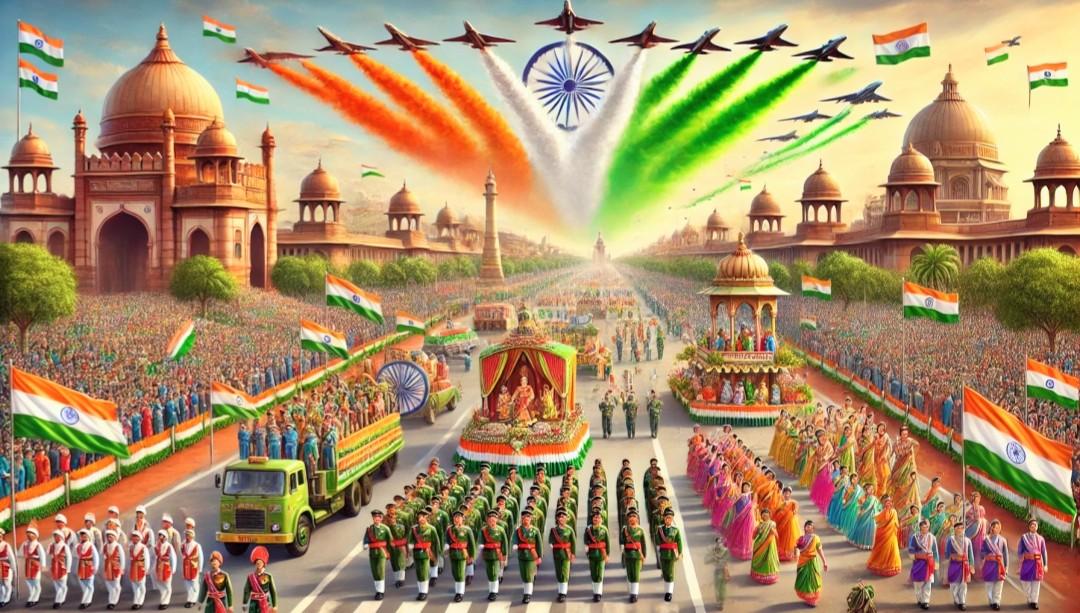Republic Day: A Celebration of National Pride and Unity
Republic Day is a significant national holiday celebrated in many countries around the world, marking the day they officially became a republic. In India, Republic Day is celebrated on January 26th every year with great enthusiasm and patriotism. It commemorates the adoption of the Constitution of India on January 26, 1950, which replaced the Government of India Act (1935) as the governing document of the country. This day symbolizes the transition of India into a sovereign, democratic republic.
The Historical Background
The journey to Republic Day began with India's independence on August 15, 1947, when the country gained freedom from British rule. However, even after independence, India did not have its own constitution. The laws were still governed by the colonial Government of India Act, 1935.
To establish its own identity and governance, a Constituent Assembly was formed in 1946 to draft the Indian Constitution. After nearly three years of rigorous deliberations and inputs from diverse representatives, the Constitution was finalized and adopted on November 26, 1949, but it came into effect on January 26, 1950. This date was chosen to honor the Purna Swaraj declaration made in 1930, when the Indian National Congress resolved to fight for complete independence.
How Republic Day is Celebrated
Republic Day is a nationwide celebration filled with patriotic fervor. The highlight of the day is the grand Republic Day Parade held in New Delhi, showcasing India's cultural diversity, military prowess, and achievements in various fields. Key features of the celebrations include:
1. Flag Hoisting and National Anthem
Across the country, the day begins with the hoisting of the national flag, followed by the singing of the national anthem, Jana Gana Mana.
2. Republic Day Parade
The parade at Rajpath (now Kartavya Path) is the centerpiece of the celebrations. It begins with the President of India, the Supreme Commander of the Armed Forces, taking the salute. The parade features:
March past by armed forces, police, and paramilitary forces.
Cultural tableaux from various states showcasing India's heritage.
Performances by school children and cultural groups.
Flypast by the Indian Air Force, a spectacular display of aerial maneuvers.
3. Awards and Honors
On this day, the President confers prestigious awards such as the Padma Awards, Gallantry Awards, and Children's Bravery Awards to recognize extraordinary contributions and acts of courage.
Republic Day Across the Nation
While the main celebration takes place in the capital, Republic Day is observed with equal zeal in schools, colleges, and local communities. Programs featuring patriotic songs, speeches, plays, and flag hoisting ceremonies are held to instill a sense of national pride.
Significance of Republic Day
Republic Day is more than a holiday; it is a reminder of the values enshrined in the Indian Constitution, including justice, liberty, equality, and fraternity. It is a day to honor the sacrifices of freedom fighters and reflect on the progress the nation has made since becoming a republic.
As citizens, Republic Day inspires us to uphold the principles of democracy and work towards building a stronger, inclusive, and prosperous nation.
Conclusion
Republic Day is a celebration of India's unity in diversity, its rich culture, and its democratic values. It is a day to cherish the freedoms we enjoy and to commit ourselves to the progress and well-being of the nation. Let us take pride in our Republic and strive to contribute to its bright future.

